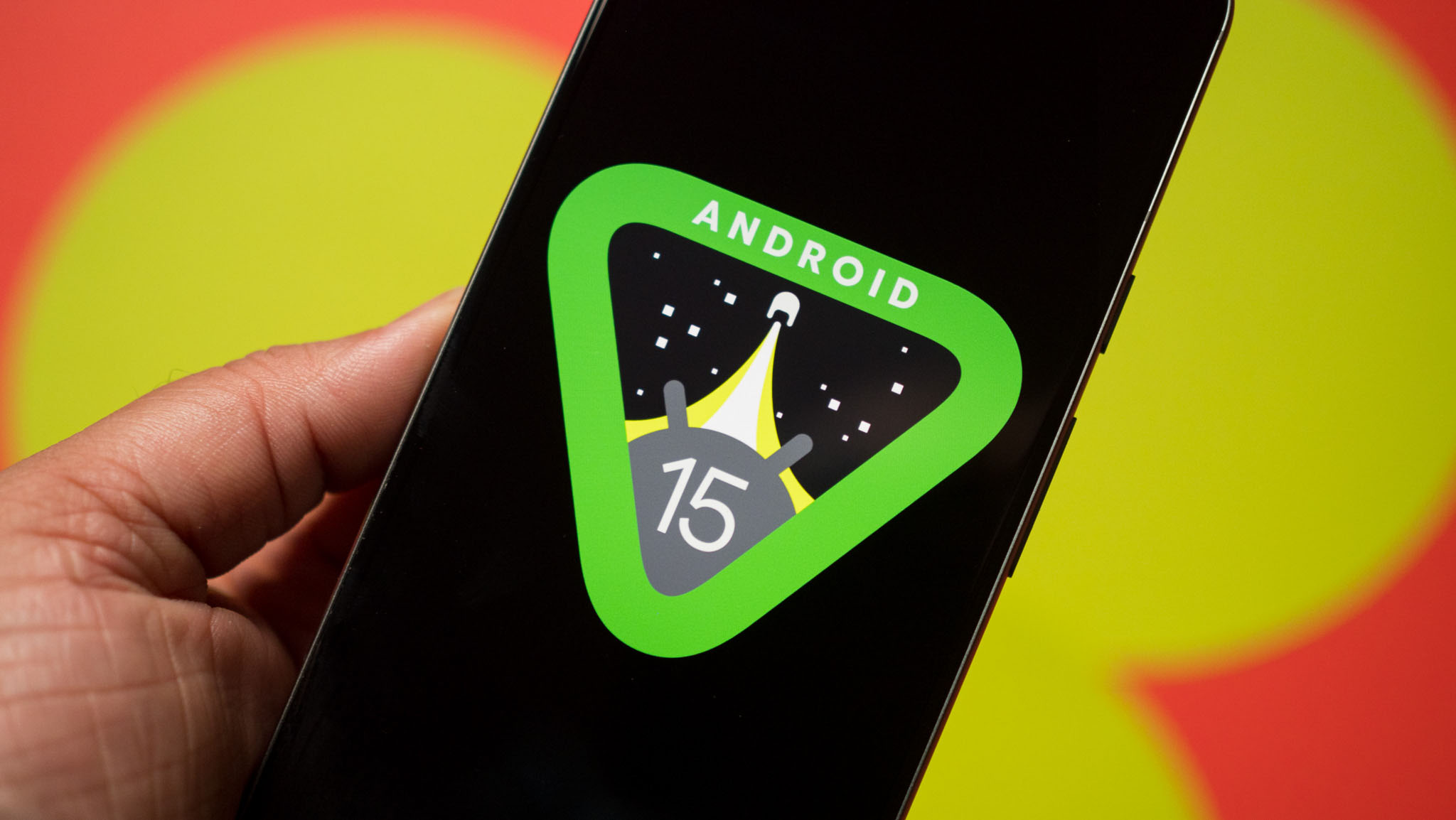tips@androidcentral.com (Nickolas Diaz)
2024-07-19 17:50:34
www.androidcentral.com
What you need to know
- After the launch of Android 15 Beta 4, a dive into the code unearthed Google’s potential to charge users for its Pixel “Satellite SOS” services.
- Strings in the code suggest the first two years of use will arrive free of charge for users, but an unknown amount may be brought forward afterward.
- Google rolled out Android 15 Beta 4 to enrolled testers on July 18 and brought with it a better emoji experience and resource allocation for apps.
We’ve heard of Google developing a “Satellite OS” for Pixels for a while now, but a discovery shows it might cost you.
With enrolled testers getting their hands on Android 15’s latest beta, Android Authority discovered something interesting about Pixel’s SOS feature. Through an APK dive, it was seen that Google might charge users for its Satellite OS services after a brief free period.
A string in the code states, “Satellite SOS is included at no charge for two years.” It seems that Google is eyeing an approach similar to Apple and its emergency services, which are also free for the initial two years.
Other information in the code details the Pixel Satellite SOS feature more by stating, “your name, email, phone number, location, device information, and emergency contact information” will be shared with 911. That data is given to satellite service providers, as well.
One final sentence within Android 15’s code mentions updating your Pixel to receive support for the SOS function. This is an occurrence older Pixels, like the Pixel 8 and 8 Pro, will likely see as the emergency service is coming with Android 15. By extension, the Pixel 9 series should have it ready and waiting.
Concrete information regarding how much Google intends to charge (if it does) for its SOS service is unknown.

The past few Android 15 betas have held informative insights into what Google has planned for its SOS feature, such as its UI. Early walkthroughs were discovered, showing that users will be prompted to gain a “clear view of the sky” before activating their SOS services. Users will then need to locate the appropriate satellite through the on-display animation.
Users can retain text-based contact with their family and 911 services after enabling the emergency SOS feature within the settings.
In other news, Android 15 Beta 4 was released for enrolled testers yesterday (July 18) and pushes us ever closer to a full OS launch. One of its key changes was a switch from PNG-based emoji fonts to a vector format. Technically speaking, this ensures your emojis scale in size without sacrificing quality and becoming distorted or blurred.
Android 15’s Private Spaces were in the spotlight once again alongside better app activity management. It seems the software can better allocate its resources to keep apps active only when prompted by the user.






















































![PANIC!!! UFO Sightings OVER Oregon! [UFO SPLIT's APART] Family Reaction! 2015](https://techcratic.com/wp-content/uploads/2024/11/1732693864_maxresdefault-360x180.jpg)














